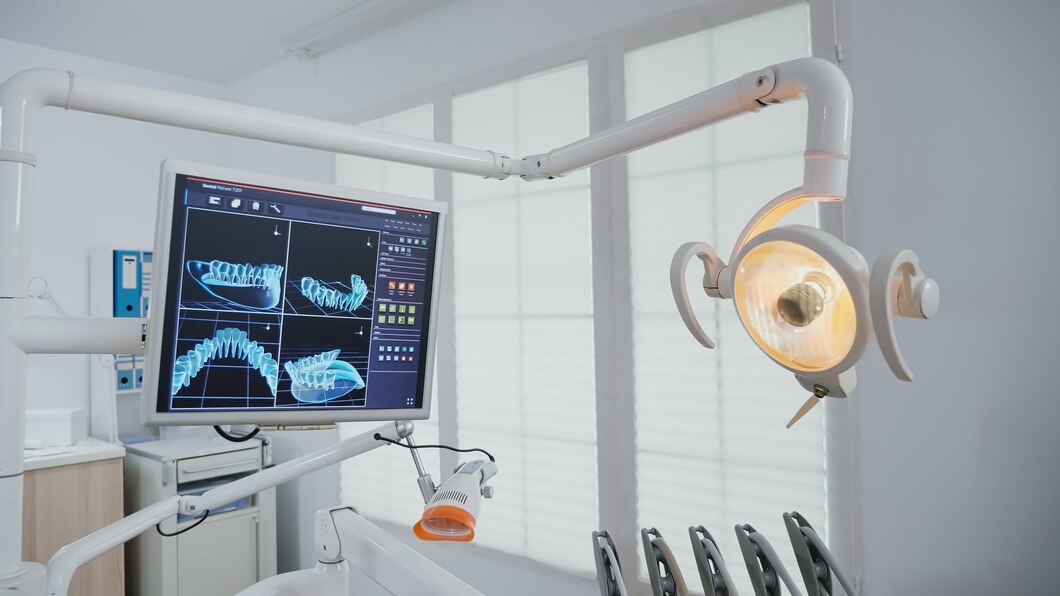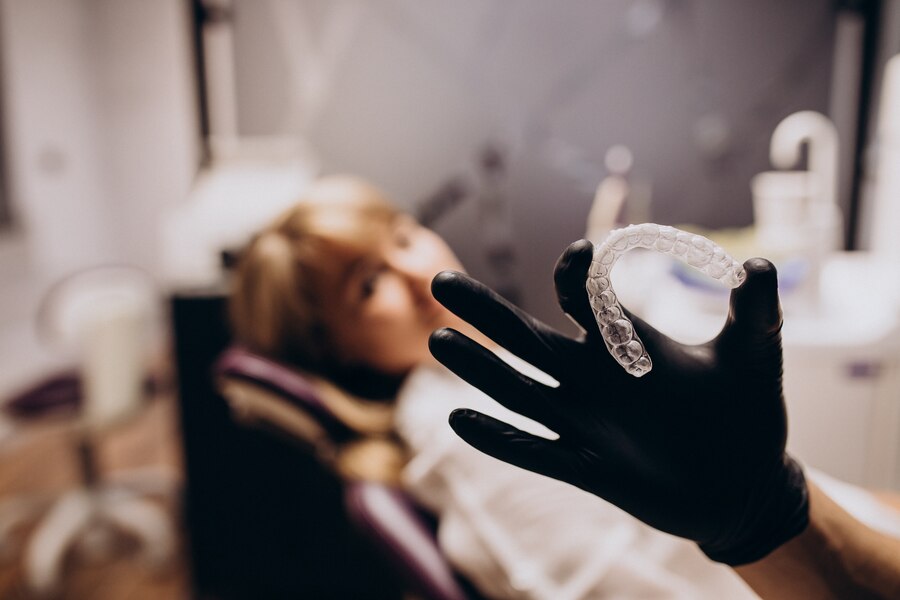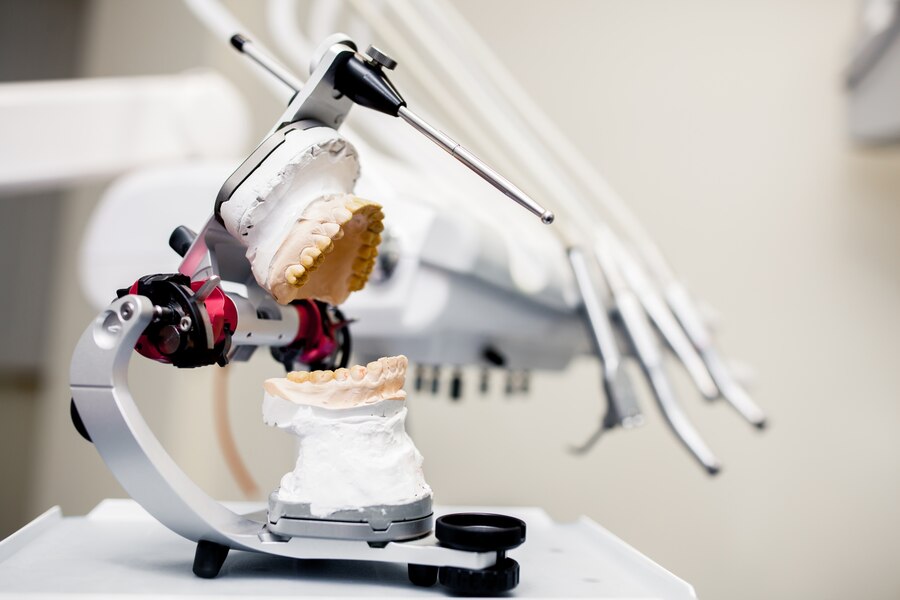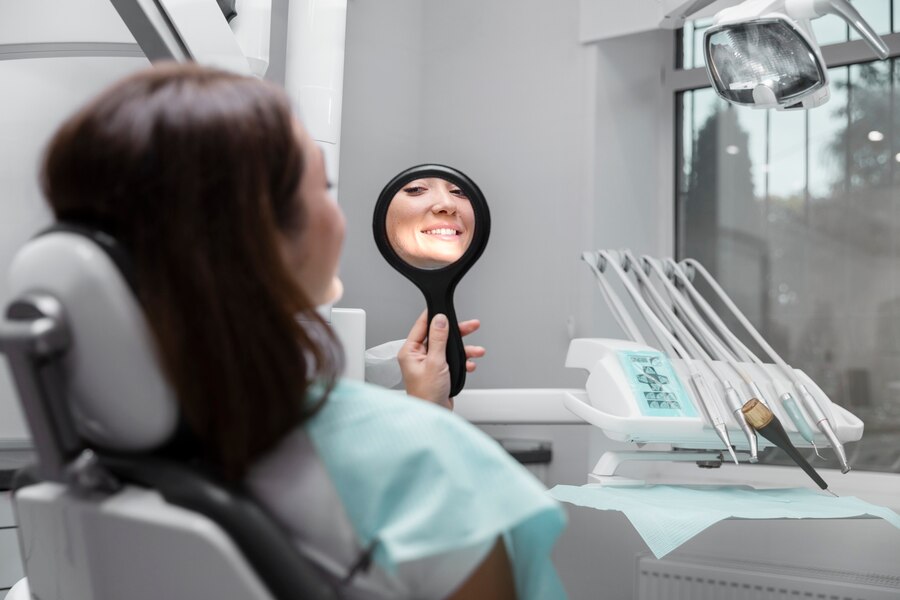Dental implants serve as a reliable solution for replacing missing teeth, offering both aesthetic appeal and functionality similar to natural teeth. Proper care is essential to ensure the longevity and success of dental implants. Here's a guide to maintaining and preserving your dental implants for optimal oral health.
-
Regular Oral Hygiene.
Brushing and flossing remain crucial even with dental implants. Use a soft-bristled toothbrush and non-abrasive toothpaste to clean around the implant crown and gum line. Flossing helps remove plaque and debris from hard-to-reach areas, preventing gum inflammation and potential infections.
-
Specialized Tools.
Consider using interdental brushes or water flossers specifically designed for dental implants. These tools can effectively clean areas around the implant without causing damage.
-
Avoid Abrasive Products.
Avoid harsh mouthwashes containing alcohol and abrasive cleaning agents, as they can damage the implant's surface and surrounding gum tissue. Opt for mild, non-alcoholic mouth rinses recommended by your dentist.
-
Regular Dental Check-ups.
Schedule routine dental visits to monitor the condition of your implants. Your dentist will assess the implant's stability, the health of surrounding tissues, and provide professional cleaning to maintain oral health.
-
Healthy Lifestyle Choices.
Smoking and certain habits like excessive consumption of staining substances (coffee, tea, red wine) can potentially impact the longevity of implants. Quitting smoking and moderating consumption of staining agents can help preserve the appearance and health of your implants.
-
Protective Measures.
For individuals engaged in contact sports or activities with a risk of dental injury, consider using a mouthguard to protect both natural teeth and implants from potential trauma.
-
Dietary Considerations.
Similar to natural teeth, be mindful of what you eat. Avoid excessively hard foods or chewing on items that could exert excessive pressure on the implants, potentially causing damage.
-
Early Detection of Issues.
Any discomfort, pain, or changes around the implant area should prompt an immediate visit to your dentist. Early detection of problems can prevent complications and ensure timely intervention.
In essence, proper care and maintenance, coupled with regular dental check-ups, are pivotal in ensuring the longevity and success of dental implants. Following these guidelines diligently can help preserve the function and appearance of your implants, allowing you to enjoy a confident and healthy smile for years to come.







